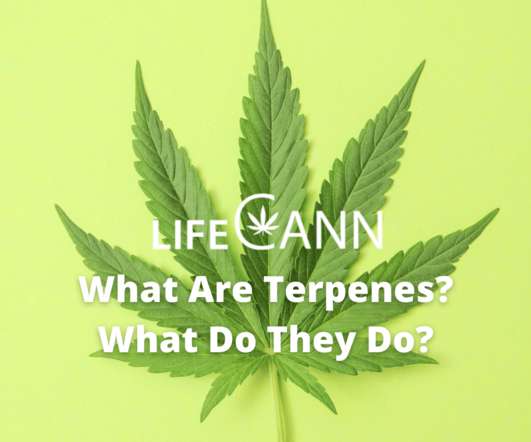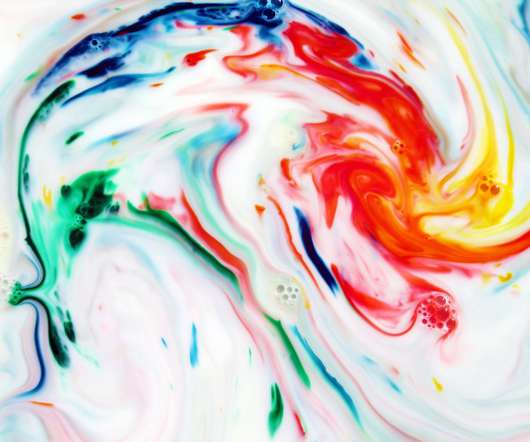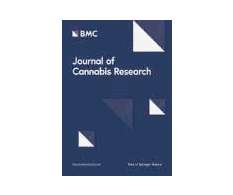What Are Terpenes And What Do They Do?
LifeCannMD
OCTOBER 30, 2020
About 140 of these belong to a large class of aromatic organic hydrocarbons known as terpenes (pronounced tur-peens) also known as “terps.” Terpenes are a major component of the plant’s sticky resin and are produced by the same glands that produce both CBD and THC. There are more than 100 terpenes in just one cannabis flower.













Let's personalize your content